Valproic acid
Recent articles
Brain ‘chimeroids’ reveal person-to-person differences rooted in genetics
These fusions created from multiple donors’ organoids may help scale up comparative brain research.
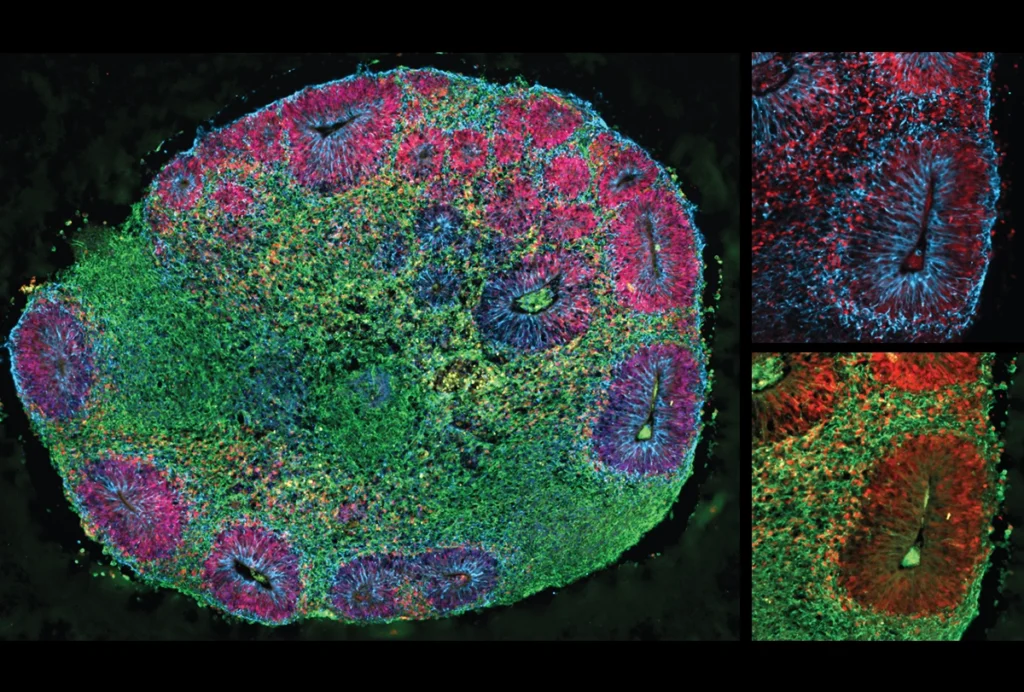
Brain ‘chimeroids’ reveal person-to-person differences rooted in genetics
These fusions created from multiple donors’ organoids may help scale up comparative brain research.
Chromatin remodeling tied to altered splicing in autism model
Exposing neurons to valproic acid, a well-known environmental risk factor for autism, disrupts their ability to generate different proteins from the same gene.
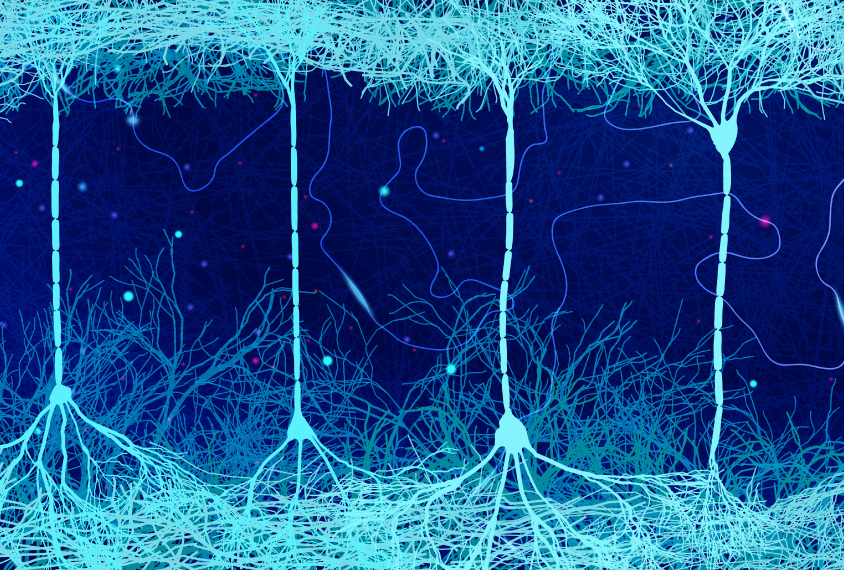
Chromatin remodeling tied to altered splicing in autism model
Exposing neurons to valproic acid, a well-known environmental risk factor for autism, disrupts their ability to generate different proteins from the same gene.
U.K. health authority investigates epilepsy drug’s link to autism
Prenatal exposure to topiramate increases a child’s autism odds, according to the study that prompted the inquiry, but experts caution that pregnant people with epilepsy have few other options for controlling seizures.

U.K. health authority investigates epilepsy drug’s link to autism
Prenatal exposure to topiramate increases a child’s autism odds, according to the study that prompted the inquiry, but experts caution that pregnant people with epilepsy have few other options for controlling seizures.
Rat model of autism shows unusual brain growth at birth
The brains of rats exposed in utero to the seizure drug valproate show a significant increase in brain size around the time of birth.
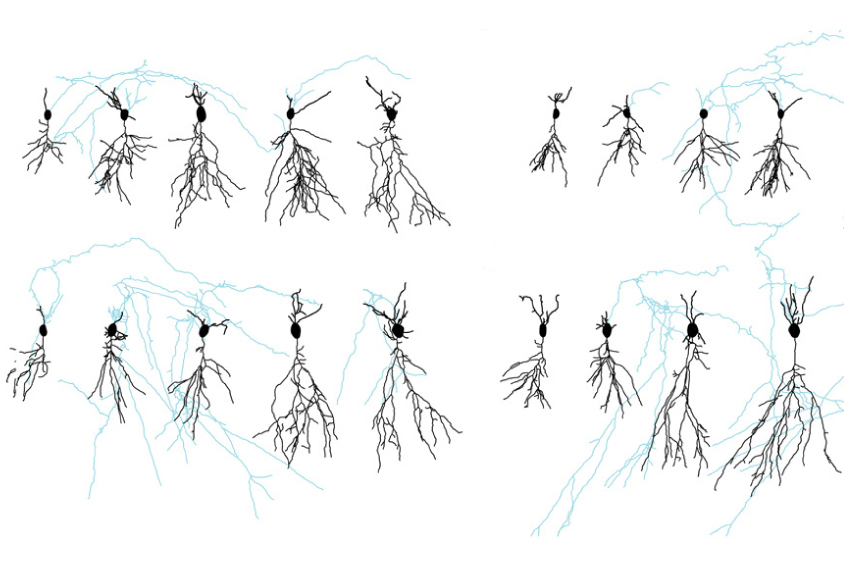
Rat model of autism shows unusual brain growth at birth
The brains of rats exposed in utero to the seizure drug valproate show a significant increase in brain size around the time of birth.
How pregnancy may shape a child’s autism
Autism is predominantly genetic in origin, but a growing list of prenatal exposures for mother and baby may sway the odds.

How pregnancy may shape a child’s autism
Autism is predominantly genetic in origin, but a growing list of prenatal exposures for mother and baby may sway the odds.
New restrictions on epilepsy drug may do more harm than good
A partial ban in Europe on the use of a drug called valproate during pregnancy could deny women effective treatment for serious conditions.
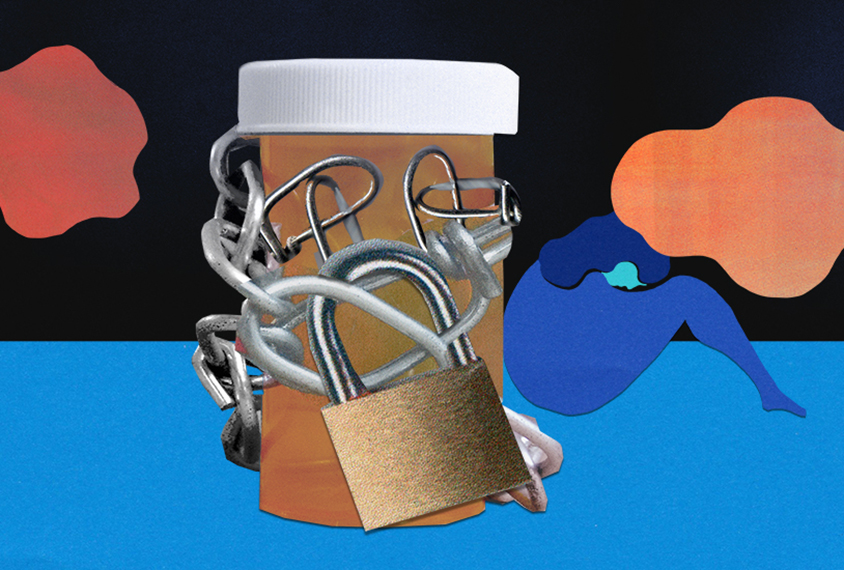
New restrictions on epilepsy drug may do more harm than good
A partial ban in Europe on the use of a drug called valproate during pregnancy could deny women effective treatment for serious conditions.
Chick model of epilepsy-drug exposure may mimic signs of autism
Exposing fertilized chicken eggs to valproic acid, an epilepsy drug, yields chicks with apparent social deficits.
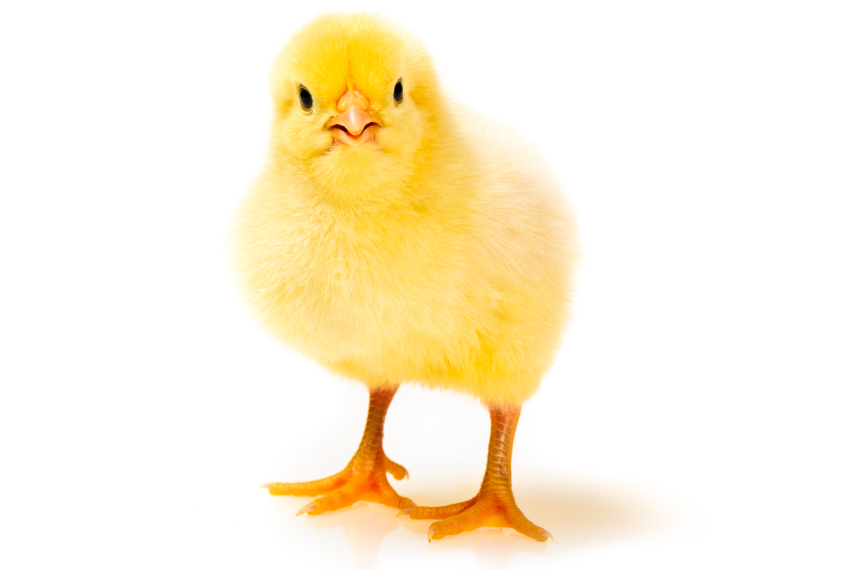
Chick model of epilepsy-drug exposure may mimic signs of autism
Exposing fertilized chicken eggs to valproic acid, an epilepsy drug, yields chicks with apparent social deficits.
New journal; organoid ethics; acetaminophen association and more
A journal covering autism in adulthood makes its debut, researchers call for an ethical framework for human organoid studies, and the association between acetaminophen and autism risk comes under scrutiny.
New journal; organoid ethics; acetaminophen association and more
A journal covering autism in adulthood makes its debut, researchers call for an ethical framework for human organoid studies, and the association between acetaminophen and autism risk comes under scrutiny.
Fake autism claim; knocking out anesthesia; haunting milestone and more
Despite social media rumors, a British children’s television show does not cause autism; childhood anesthesia is not tied to autism risk; and an adult on the spectrum reaches a haunting milestone
Fake autism claim; knocking out anesthesia; haunting milestone and more
Despite social media rumors, a British children’s television show does not cause autism; childhood anesthesia is not tied to autism risk; and an adult on the spectrum reaches a haunting milestone
Rodent ratings reveal periods of vulnerability to harmful exposures
Nongenetic rodent models most relevant to autism tend to be those exposed to environmental agents in the womb or shortly after birth.
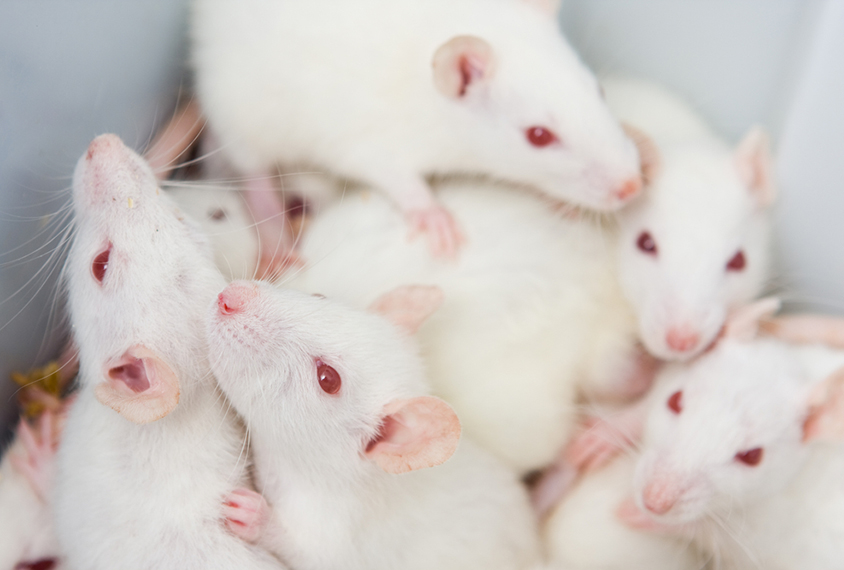
Rodent ratings reveal periods of vulnerability to harmful exposures
Nongenetic rodent models most relevant to autism tend to be those exposed to environmental agents in the womb or shortly after birth.
Explore more from The Transmitter
Astrocytes orchestrate oxytocin’s social effects in mice
The cells amplify oxytocin—and may be responsible for sex differences in social behavior, two preprints find.

Astrocytes orchestrate oxytocin’s social effects in mice
The cells amplify oxytocin—and may be responsible for sex differences in social behavior, two preprints find.
Neuro’s ark: Spying on the secret sensory world of ticks
Carola Städele, a self-proclaimed “tick magnet,” studies the arachnids’ sensory neurobiology—in other words, how these tiny parasites zero in on their next meal.

Neuro’s ark: Spying on the secret sensory world of ticks
Carola Städele, a self-proclaimed “tick magnet,” studies the arachnids’ sensory neurobiology—in other words, how these tiny parasites zero in on their next meal.
Autism in old age, and more
Here is a roundup of autism-related news and research spotted around the web for the week of 2 March.

Autism in old age, and more
Here is a roundup of autism-related news and research spotted around the web for the week of 2 March.